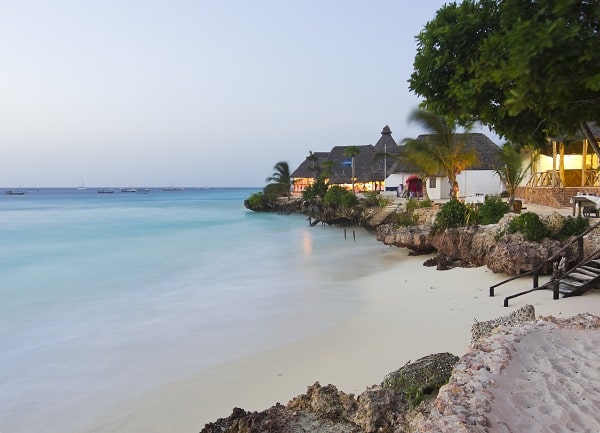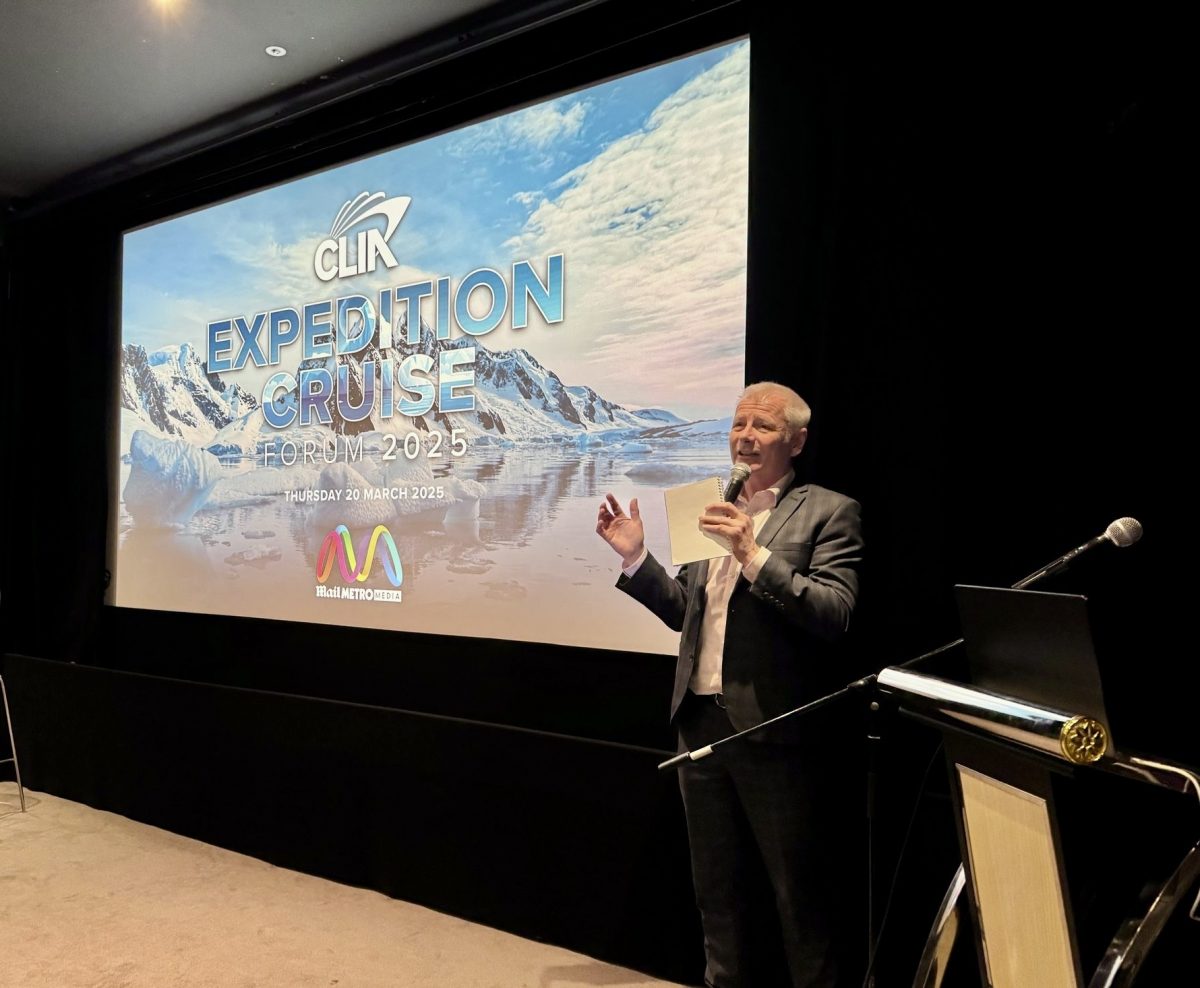Seats in the upright position and travel insurance policy securely fastened for take-off?

Why the new Zanzibar travel insurance ruling highlights how critical the need is for a clear and present understanding of policies
Travel is undoubtedly an exciting and privileged experience with the opportunity to learn, immerse yourself in new cultures and often enjoy much needed R&R. Alongside all the positives, however, is the reality that the best laid plans and itineraries can and do go wrong. Whether it be extreme weather conditions grounding flights, lost luggage, political unrest or the need for repatriation after a medical emergency to name just a few. If there is one lesson the pandemic taught us it is that the need for tailored and fit for purpose travel insurance policies is arguably more critical than ever before. Insurance providers have been swift to respond with reviews and developments of existing policies and consumers are now taking a more diligent approach to researching and understanding the small print than ever before.
Interesting then that on 1st October, Zanzibar saw its new travel insurance policy legislation come into effect. Under the new rules, all visitors to Zanzibar must have mandatory Inbound Travel Insurance from the government-owned Zanzibar Insurance Corporation (ZIC). At a cost of $44USD it will be valid for up to 92 days and must be purchased before you travel. On receipt travellers will then be required to present the ZIC-issued QR code for both the flight and to gain entry into Zanzibar on arrival. The QR code will also link directly to the policy details. It is expected that the new insurance plan will include cover for many of the typical requirements: lost luggage, lost passports, lost visas as well as medical care and emergency evacuation. Without the insurance and QR code visitors risk being refused entry.
It is quite clear that Zanzibar is taking a definite stand on closer management of international visitors. A prudent decision given that tourism is a key driver of the economy. As a region that is popular both with those looking to relax on the beach or take time out to explore the wildlife and enjoy a more sports or adventure-based break away it has a rich and diverse appeal.
Certainly, any move by either a government or insurance provider that works to prioritise traveller safety and wellbeing and reduces financial strain on the countries they visit is positive.

However, for those visitors soon to arrive, in particular those who already have travel insurance in place, this new legislation is undoubtedly a cause for concern and questions. The one-size fits all approach will standardise the insurance coverage for all travellers and create an imbalance in coverage which could potentially leave customers dissatisfied and exposed, and actually increase pressure on the local infrastructure – the exact opposite of the original intention. So, what should travellers do?
The same golden rule applies to any traveller taking out any travel insurance policy to any destination. Take the time to do due diligence – that means reading the small print and understanding the terms and conditions of the new ZIC policy to ensure it is fit for the purpose of their particular trip and provides the right coverage for their needs.
Travellers would be forewarned and forearmed to consider and invest in additional policies that will cover them should they find themselves in an unfortunate situation which isn’t covered by the new Tanzanian government policy. It may require additional expense in the short-term but could deliver invaluable peace of mind in the long term if needed.
The new legislation is a significant move by the government but it also raises the bigger question of how should we as travel insurance providers and governments best manage the regulation and availability of policies? Arguably, travel insurance works to its fullest potential when it operates in a free market. Allowing consumers to choose plans and policies tailored to their specific needs, while also encouraging innovation and affordability from insurance companies safeguards choice and keeps pricing competitive.
In the meantime, we should encourage dialogue and engagement between the insurance industry, governments and tourism bodies on how best to support travellers whilst still protecting the rich and diverse local offerings. It will be interesting to see how the new legislation and policies evolve one they are in place.
Jonathan Frankham – General Manager EU & UK, WORLD NOMADS
 United Kingdom
United Kingdom United States
United States Asia Pacific
Asia Pacific




























Qatar Airways adding Manchester flights
EU entry-exit system delayed again
ATC strike in Greece could disrupt flights this week
Jet2 unveils Samos as new Greek destination for summer 2026
Icelandair launches inaugural flight to Nashville